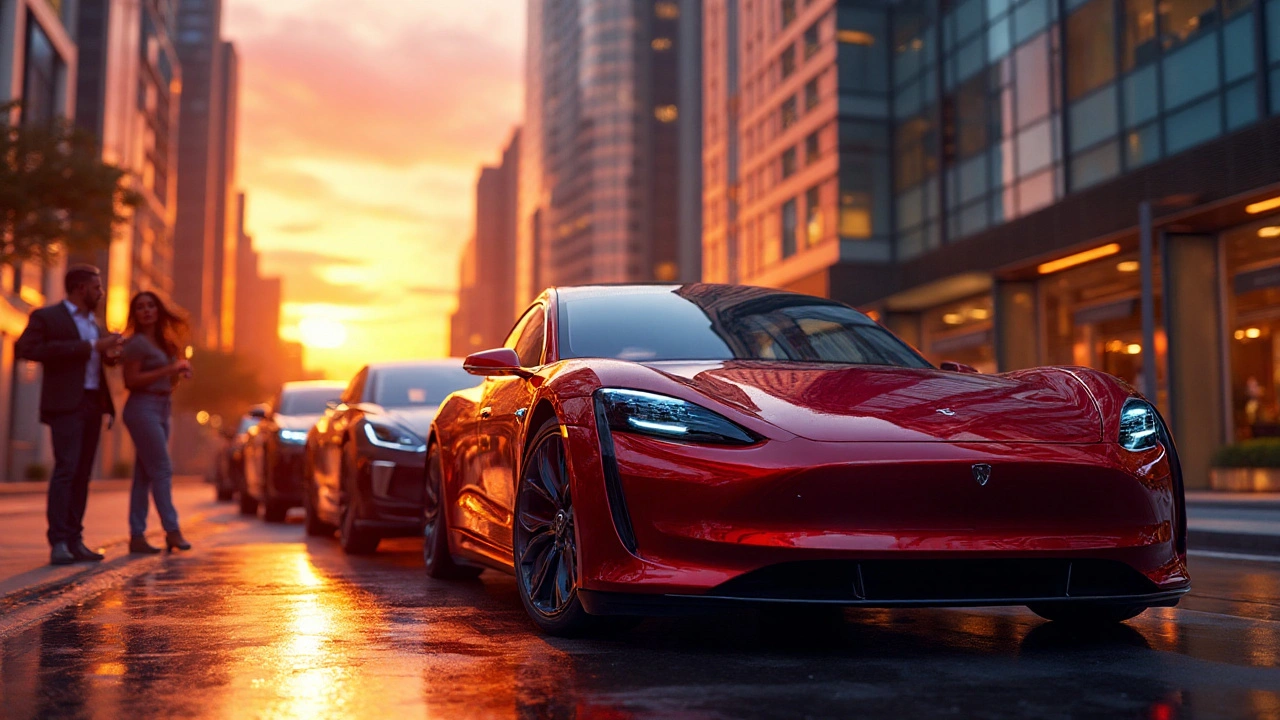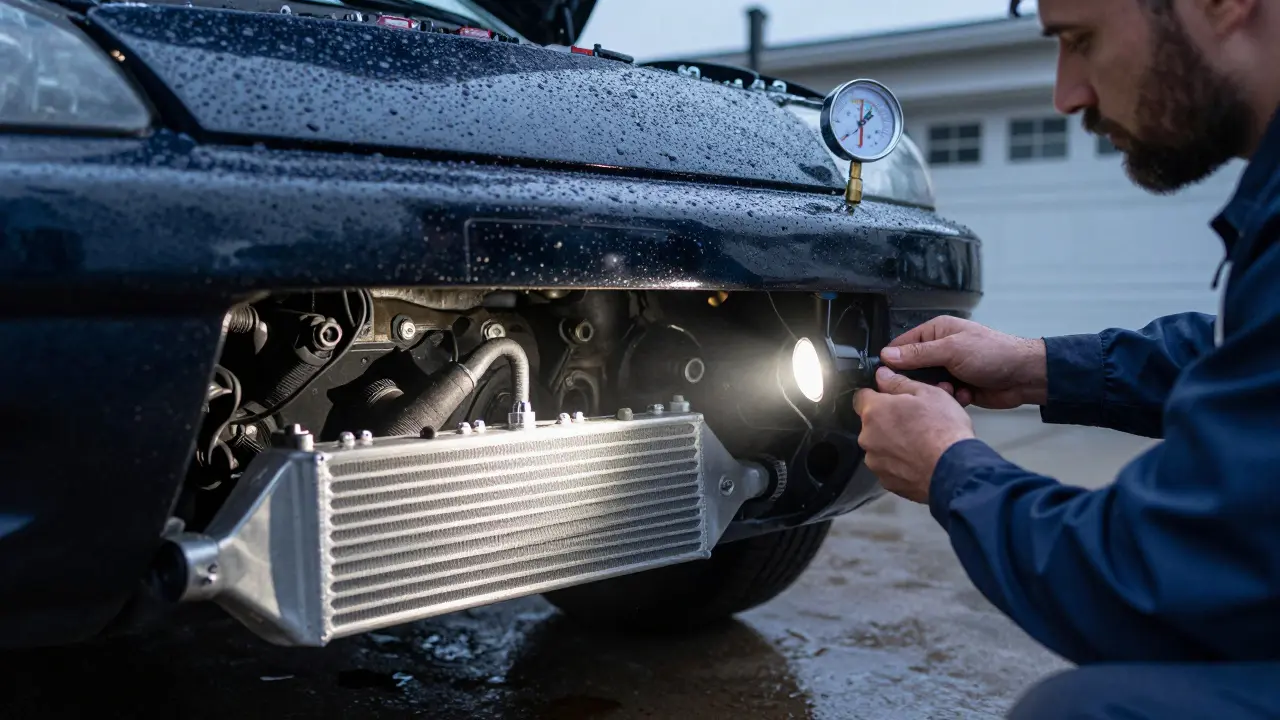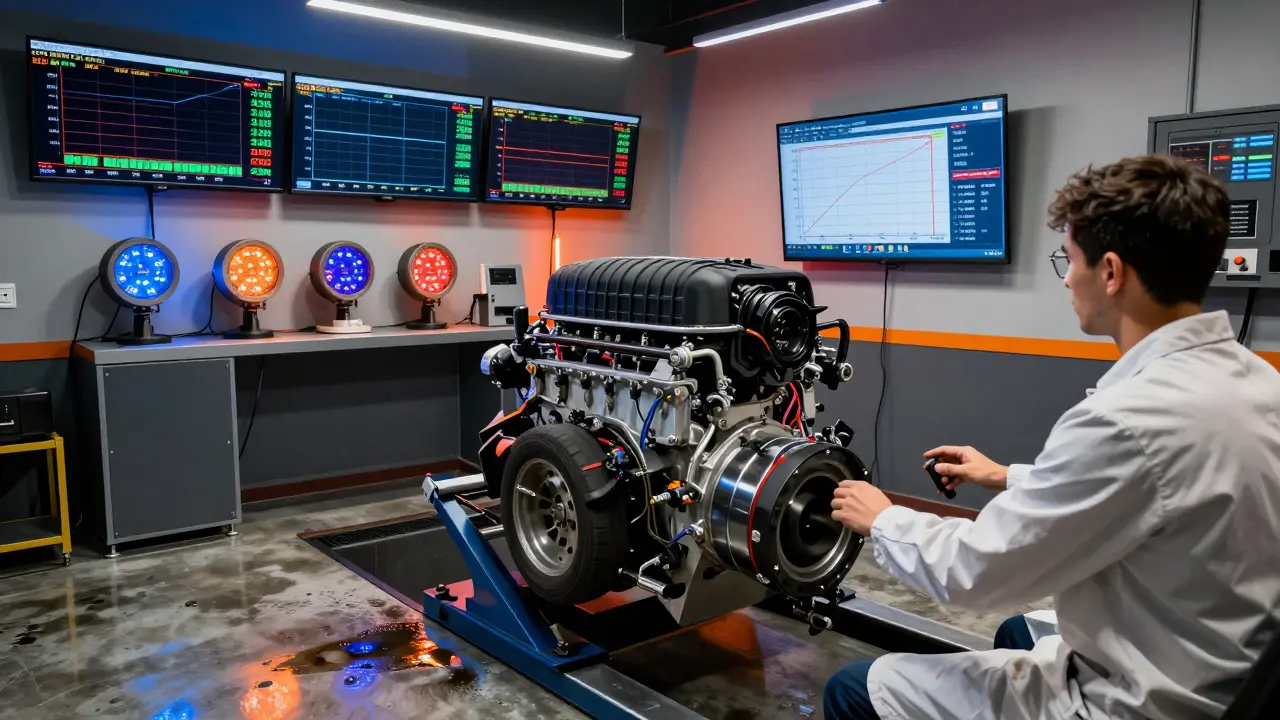Premium Car Brands – What Sets Them Apart?
When you hear the word “premium,” you probably picture sleek designs, powerful engines, and a price tag that makes most people blink. But there’s more to a premium brand than just a fancy badge. It’s a mix of heritage, engineering excellence, exclusive materials, and a customer experience that feels personal.
Key Traits of a Premium Brand
First off, premium manufacturers invest heavily in research and development. That’s why you’ll find cutting‑edge tech like adaptive suspensions, hybrid powertrains, and advanced driver‑assist systems as standard rather than an extra. Second, the interiors are built with high‑quality leather, real wood trim, and meticulous stitching—details that you can actually feel when you sit inside.
Third, the brand’s reputation matters. Companies like Mercedes‑Benz, BMW, Audi, Lexus, and Porsche have spent decades polishing their image, so when you see their logo, you instantly associate it with performance and status. Finally, after‑sales service is usually top‑notch, with dedicated service centers, concierge support, and often a longer warranty package.
Top Premium Brands to Know
Mercedes‑Benz – Known for “the best or nothing” attitude, Mercedes blends comfort with sport. Look for the S‑Class for ultimate luxury or the AMG line if you want raw power.
BMW – The “ultimate driving machine” mantra isn’t just marketing. Their rear‑wheel‑drive platforms and sharp handling make every ride feel engaging. The 7 Series offers plush comfort, while the M models deliver track‑ready performance.
Audi – Audi's design language is clean and modern. The Quattro all‑wheel‑drive system is a hallmark, and the A8 sedan showcases tech like virtual cockpit and advanced lighting.
Lexus – Toyota’s luxury arm focuses on reliability and quiet cabins. The LS sedan and LC coupe are great if you want a premium feel without the typical upkeep costs of German rivals.
Porsche – If you crave sports‑car DNA, Porsche is hard to beat. The Panamera and Cayenne bring that performance to everyday practicality, while the 911 remains an icon.
Other noteworthy names include Jaguar, Land Rover, and newer entrants like Polestar and Tesla, which bring electric luxury to the mix.
Buying a premium vehicle isn’t just about splashing cash. It’s about matching the car’s strengths to your lifestyle. Do you need daily comfort for long commutes? The Mercedes S‑Class or Lexus LS might be ideal. Want a weekend thrill ride? Look at the BMW M4 or Porsche 911. And if you’re eco‑conscious but still crave luxury, the Audi e‑trons or Tesla Model S deliver high‑end features with zero emissions.
Maintenance is another piece of the puzzle. Premium cars often require specialized service, so factor in dealership rates or find a reputable independent shop that specializes in your make. Regular oil changes, software updates, and tire rotations keep the performance envelope where it belongs.
Finally, think about resale value. Brands with strong heritage—Mercedes, BMW, Porsche—tend to hold value better than newer luxury names. Keeping service records, avoiding excessive customizations, and maintaining the original paint can all boost your car’s future price.
Bottom line: premium car brands offer a blend of performance, comfort, and status that regular brands can’t match. By knowing what sets each name apart and aligning those traits with your needs, you’ll end up with a vehicle that feels right every time you hit the road.

Luxury Automobile Market 2025: Trends, Brands & Sales Insights
Explore the 2025 luxury automobile market - size, top brands, buyer profiles, EV shift, and future outlook in a concise, data‑rich read.




